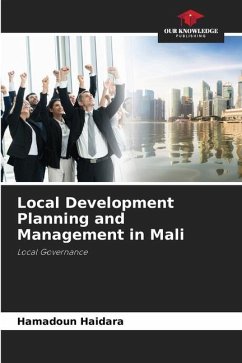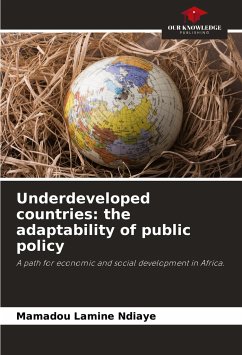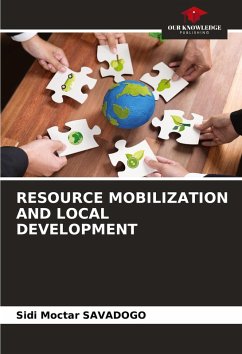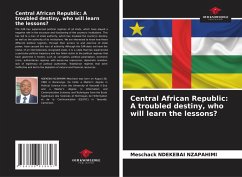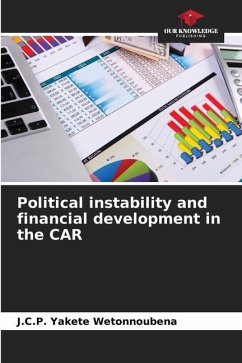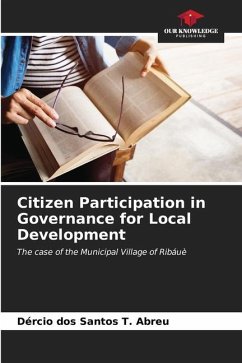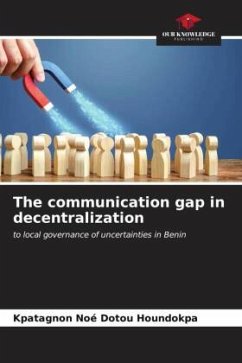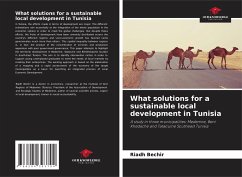
Local development process and decentralization in the Central African Republic
Analysis of major constraints and perspectives
Versandkostenfrei!
Versandfertig in 6-10 Tagen
29,99 €
inkl. MwSt.

PAYBACK Punkte
15 °P sammeln!
Central African local authorities suffer from ills that have deeper causes. These ills constitute central points of reflection for a better understanding of the prevailing situations of poverty. The modes of political organization (local representation dependent on central power), economic organization based on low agropastoral productivity, which is a consequence of the absence of political support for technical decentralization, and cultural organization, which is situated between aging tradition and poorly controlled modernity, do not allow for a framework conducive to the real appropriatio...
Central African local authorities suffer from ills that have deeper causes. These ills constitute central points of reflection for a better understanding of the prevailing situations of poverty. The modes of political organization (local representation dependent on central power), economic organization based on low agropastoral productivity, which is a consequence of the absence of political support for technical decentralization, and cultural organization, which is situated between aging tradition and poorly controlled modernity, do not allow for a framework conducive to the real appropriation of innovations that are often impelled from outside. Does the wait-and-see attitude adopted by local authorities in response to central government injunctions explain the weakness of an endogenous dynamic capable of driving qualitative change as expected by local actors? This modest work aims to shed light on the current state of governance of local authorities, the obstacles to endogenousdevelopment and the prospects for revitalization through the political vision of decentralization in the Central African Republic.



